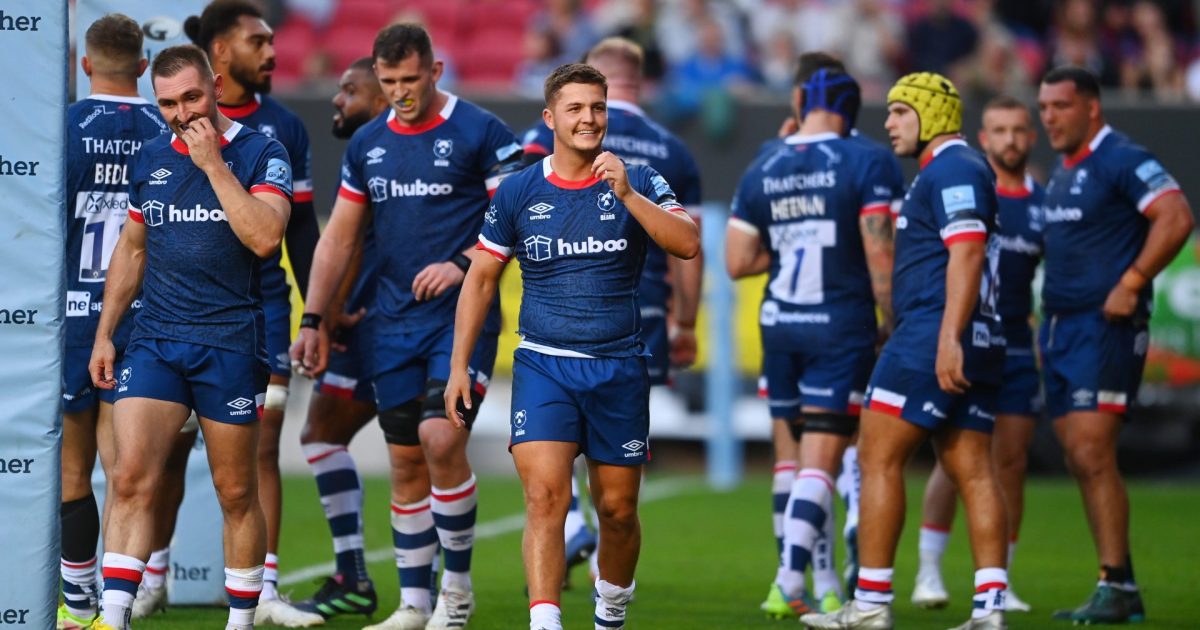'Own worst enemy': Steve Lansdown on rugby's 'black hole' economics

Bristol owner Steve Lansdown insists Premiership Rugby must generate more revenue after describing investing in the English club game as a black hole. The sport is reeling from a grim Wednesday when it was announced that Wasps have given notice of their intention to appoint administrators while Worcester have been set the deadline of 5pm on Monday to prove they have a credible plan for survival or face suspension from all competitions.
Both clubs are saddled by vast debts and are the subject of winding-up orders from HMRC because of unpaid tax, while collectively all 13 Gallagher Premiership sides are thought to be over £500million in the red.
Bristol owe in excess of £50m to their billionaire owner and Lansdown admits that getting involved in the sport requires deep pockets, despite a cash injection from private equity firm CVC and low-interest loans from the Government designed to soften the fallout from the coronavirus pandemic.
The 72-year-old insists that Premiership Rugby, which oversees the running of the only fully professional league in the country, must do more. “Rugby in a way is its own worst enemy,” Lansdown told BBC Radio 4’s Today programme.
“It’s a fabulous game and attracts great spectators and fans, but there is a question of the revenue going into the business. For people to invest in it, it’s a passion. It’s not one you can point to and say you can invest in it and make a return on your money.
“So you have to go in with your eyes open that it is going to be a bit of a black hole for a time and that is the difficulty. We had the funding through the pandemic but it’s in the form of loans and that is one of the problems that certainly Worcester is faced with. When you borrow money you do have to have the ability to repay it or the ability to know that it will be converted into equity.
“If the funding is free, then it is more than welcome, but you don’t get anything for nothing in this life. The reality is what PRL [Premiership Rugby] need to do is to focus on commercial revenue or generating new revenue and improving the offering that we get to attract investors into the sport.”
The pandemic has had a profound impact on club finances and Bristol owner Lansdown also hinted at dissatisfaction over the deal struck with CVC, who in 2018 paid £200m for a 27 per cent share of the Premiership.
“Covid has been a major factor in recent times, exacerbating the problem. There is just not enough money in the game – that is the answer,” Lansdown said. “All clubs get their revenue mainly through ticket sales, central revenue and commercial revenue.
“Central revenue has been on the decline in recent years because of covid and lack of playing. Match day revenue obviously dropped off a cliff with covid and commercial revenue hasn’t picked up. We had the deal with CVC but to date, that’s been a little bit disappointing. Hopefully, we will see that improving in the future.”
















